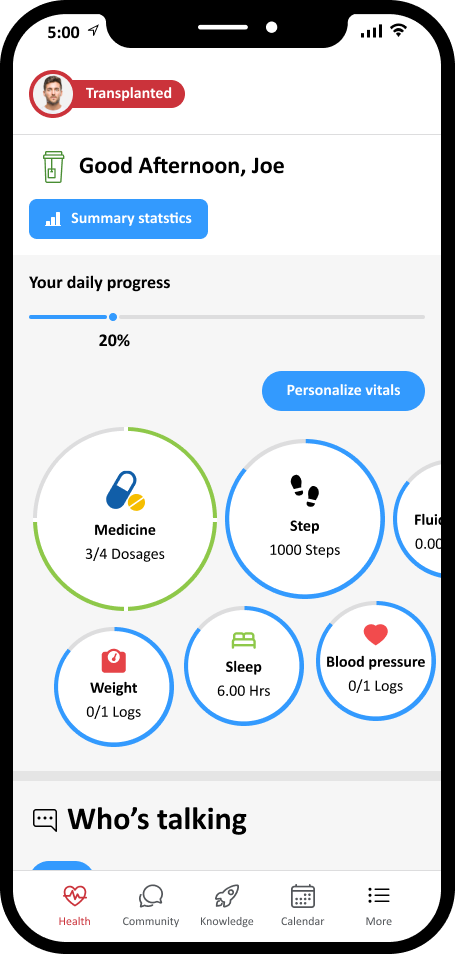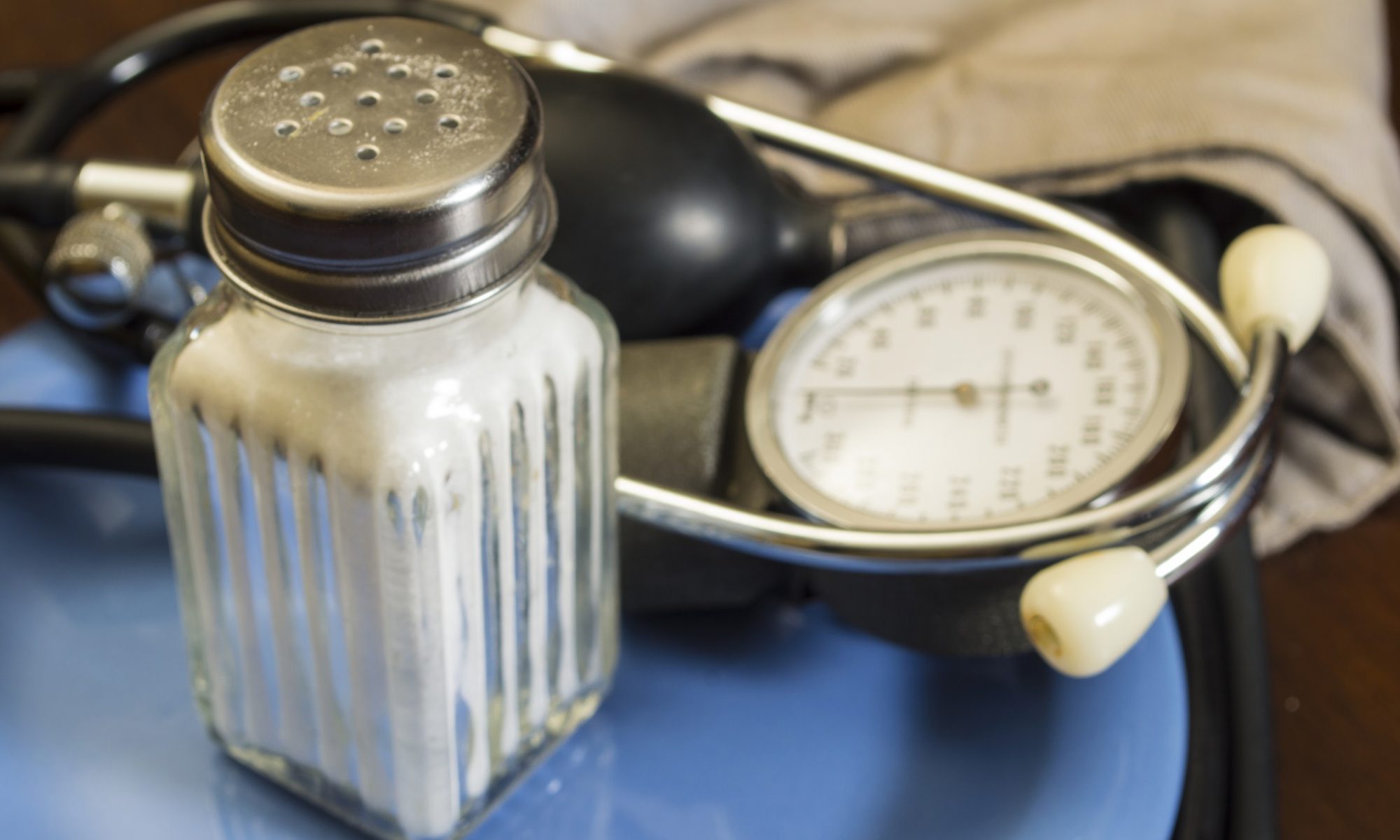CareDx Inc. announced the launch of AlloHome, a pan-organ patient monitoring tool located on the AlloCare app that can capture health data from the comfort of a patient’s home, according to a press release.
Patients who use AlloHome receive Bluetooth devices, including a glucose monitor and a blood pressure cuff, that automatically pair with a smart hub in the house. Data also pair with the patient’s AlloCare app. Read the full story in Healio.







